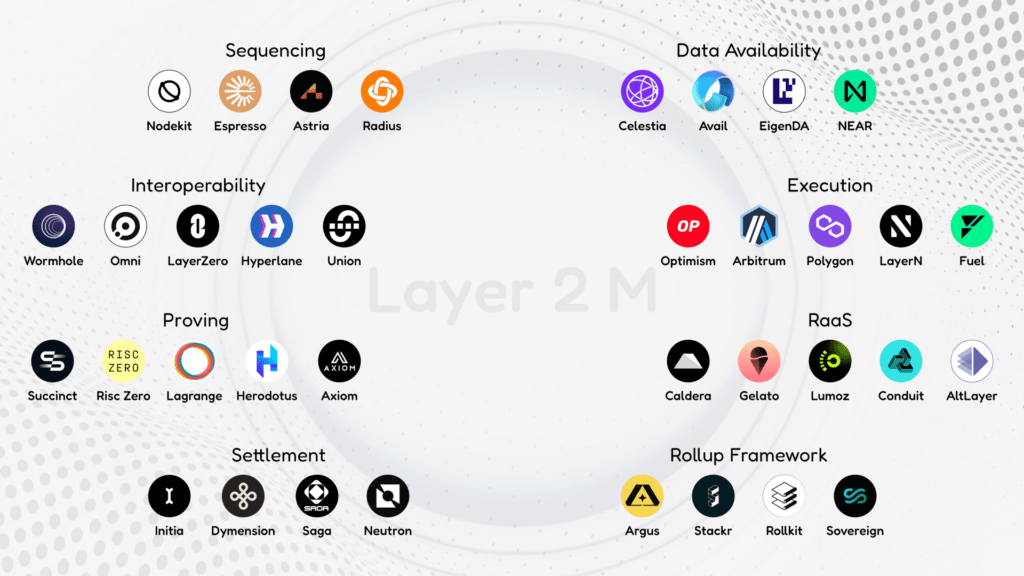Research Summary
The report discusses the critical role of backend services in the gaming industry, which is projected to be worth over $187 billion by 2023. It highlights the importance of backend systems in managing functions like login and matchmaking, ensuring scalability, data security, and synchronization across platforms. The report also explores the future of gaming, with Backend-as-a-Service (BaaS) solutions becoming crucial for cross-platform developers. It mentions BaaS offerings from companies like Playfab, Unity, and Pragma.
Key Takeaways
The Importance of Backend Services in Gaming
- Backend Services as the Backbone of Gaming: The report emphasizes the critical role of backend services in the gaming industry. These services manage essential functions like login and matchmaking, and their failure can significantly impact a game’s financial success and player reception. The backend is the silent engine that allows millions of players to experience games seamlessly, securely, and in sync.
- Challenges in Backend Development: Backend development faces challenges such as scalability to handle peak times, ensuring data security to protect in-game transactions, synchronization across platforms, and supporting rapid iterations based on player feedback. Investment in backend infrastructure is justified by its direct impact on player satisfaction, retention, engagement, and monetization.
- Backend Services and Longevity of Games: For games aiming for longevity and adaptability, a flexible and strong backend is required to evolve with new content and mechanics, maintaining player interest. The financial viability of games in the Games-as-a-Service era hinges on consistent player engagement, with a robust backend safeguarding against downtimes, bugs, or data breaches.
- Backend Services and Metagames: A robust backend is essential for developing engaging metagames and retaining players by adding depth and complexity to games, ensuring long-term appeal and involvement. Backend systems collect data on player behavior within metagames, providing insights for developers to refine and optimize the metagame experience.
- Backend-as-a-Service (BaaS) Solutions: The future of gaming relies on both visible experiences and unseen technologies, with Backend-as-a-Service (BaaS) solutions becoming crucial for cross-platform developers. BaaS offerings like those from Playfab, Unity, and Pragma are key for developers to focus on gameplay rather than infrastructure.
Actionable Insights
- Invest in Robust Backend Infrastructure: Game developers should prioritize investing in robust backend infrastructure to ensure seamless, secure, and synchronized gaming experiences. This investment can directly impact player satisfaction, retention, engagement, and monetization.
- Address Challenges in Backend Development: Developers need to tackle challenges in backend development, such as scalability, data security, synchronization across platforms, and supporting rapid iterations based on player feedback. Addressing these challenges can enhance the gaming experience and contribute to the game’s financial success.
- Consider Backend-as-a-Service (BaaS) Solutions: With the increasing importance of backend services in gaming, developers should consider adopting Backend-as-a-Service (BaaS) solutions. These services allow developers to focus on gameplay rather than infrastructure, offering scalable, cloud-based, plug-and-play services with built-in analytics.
- Focus on Metagame Development: Developers should focus on developing engaging metagames to retain players and add depth and complexity to games. A robust and agile backend system can enable dynamic content updates in real-time, allowing developers to introduce or modify metagame elements seamlessly.
- Ensure Data Security: With the rise of BaaS solutions, developers should ensure data security to protect in-game transactions and player data. This is crucial as data breaches can significantly damage player trust and the game’s reputation.













